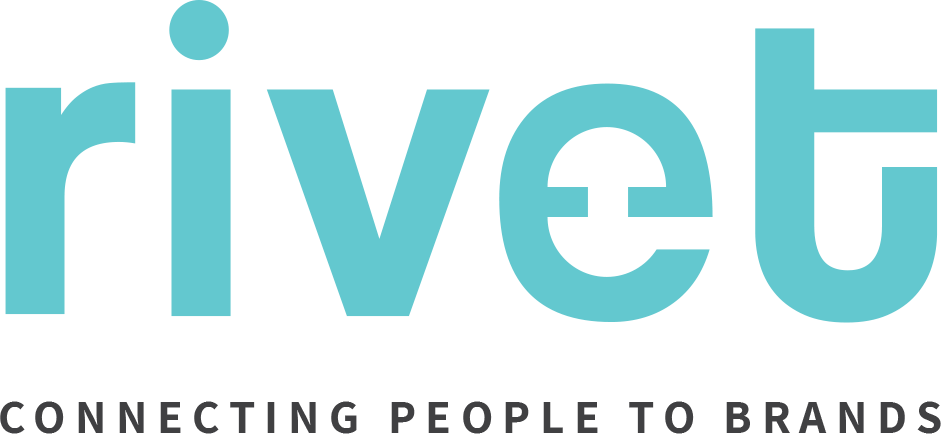I once was part of a rebranding project for a municipality. As any good brand strategist will do, we began this project by conducting consumer research. We asked visitors to tell us what they loved about the city, what keeps them coming back, and what they’d like to see added to enhance their experience and stay longer.
It led to a brilliant creative campaign that strongly differentiated the locale from competitive options and directly appealed to the audience. It reflected the sensibilities of those who loved to visit. But, the client didn’t want to be that city. So they hired a second agency to undo the research. This second agency formulated a questionnaire meant to skew findings toward the client’s — not the audience’s — sensibilities. And, instead of reaching out to randomized target audience members, this agency called friends and family to coach them through answers they needed to collect.
So, the client got their wish. They dismantled the informed creative campaign we had developed and generated a creative positioning the client wanted to see instead. If I were a member of their merchant community or a city taxpayer funding this study, I’d call this fraud. The city missed out on the opportunity to claim a unique spot on the map and spent several years and millions on a campaign that barely moved the needle. What a shame that they were not willing to listen to their target audience.
Good, legitimate marketing research plays a crucial role in branding because it helps companies understand the way their target audience thinks and behaves when it comes to their offerings. And, good marketing research can identify market trends and encroaching competitors. By conducting research, companies can gather valuable data to inform communications strategies and help create a brand that resonates with their target customers. But, a company or brand has to be willing to incorporate this knowledge into its communications program in order to maximize return on marketing investment.
There are many ways market research can energize the impact of your brand. Here are a few key advantages you gain when your marketing budget includes research:
Gain a deeper understanding of target audiences: Marketing research can help companies better appreciate the needs, preferences, wishes, and behaviors of those most likely to benefit from their products or services. With an enriched understanding of what the target audience thinks and how they behave, companies can tailor branding strategy that heightens the appeal of the company to those it wants to reach, giving them a competitive leg-up and maximizing their investment.
Evaluate brand perception: Marketing research can also help companies evaluate how their brand is perceived by their target audience. By gathering feedback on the brand’s strengths, weaknesses, and overall image, companies can make necessary adjustments to improve their brand perception and offerings.
Monitor industry trends: Marketing research can help companies stay up-to-date with the latest trends in their industry. For any company, it can be difficult to rise above the day-to-day pressures of operating successfully. Marketing research can ensure that the brand is agile, adjusting its brand strategy to stay relevant and competitive in an ever-changing marketplace.
Analyze competition: Marketing research can help companies understand their competitors’ strengths and weaknesses, and how they position their brands in the market. This information can help companies identify ways to drive market share by differentiating their brand and creating a unique value proposition.
When our clients ramp up, the first thing that Rivet Brands does is conduct marketing research. It’s part of our “Capture” stage. It is an essential first step in branding because it provides valuable insights into the target audience, market trends, and competition. Then, Rivet builds benchmark research into client marketing plans so that we can collaboratively maximize what’s working well and adjust for aspects that could perform better. This is part of our process called “Calibration.” By leveraging these insights, the agency and client can together craft a brand that authentically resonates with target audiences to set them apart — and above — the competition.
Interested in learning more about Rivet’s disciplined, informed process? Email us and let’s connect.
 Wendy Payton is founder and president of Rivet Brands. She’s spent most of the past 30 years as an ad agency owner and executive, insisting on conduct of quality market research and positioning client brands for success. Learn more at rivetingbrands.com.
Wendy Payton is founder and president of Rivet Brands. She’s spent most of the past 30 years as an ad agency owner and executive, insisting on conduct of quality market research and positioning client brands for success. Learn more at rivetingbrands.com.

